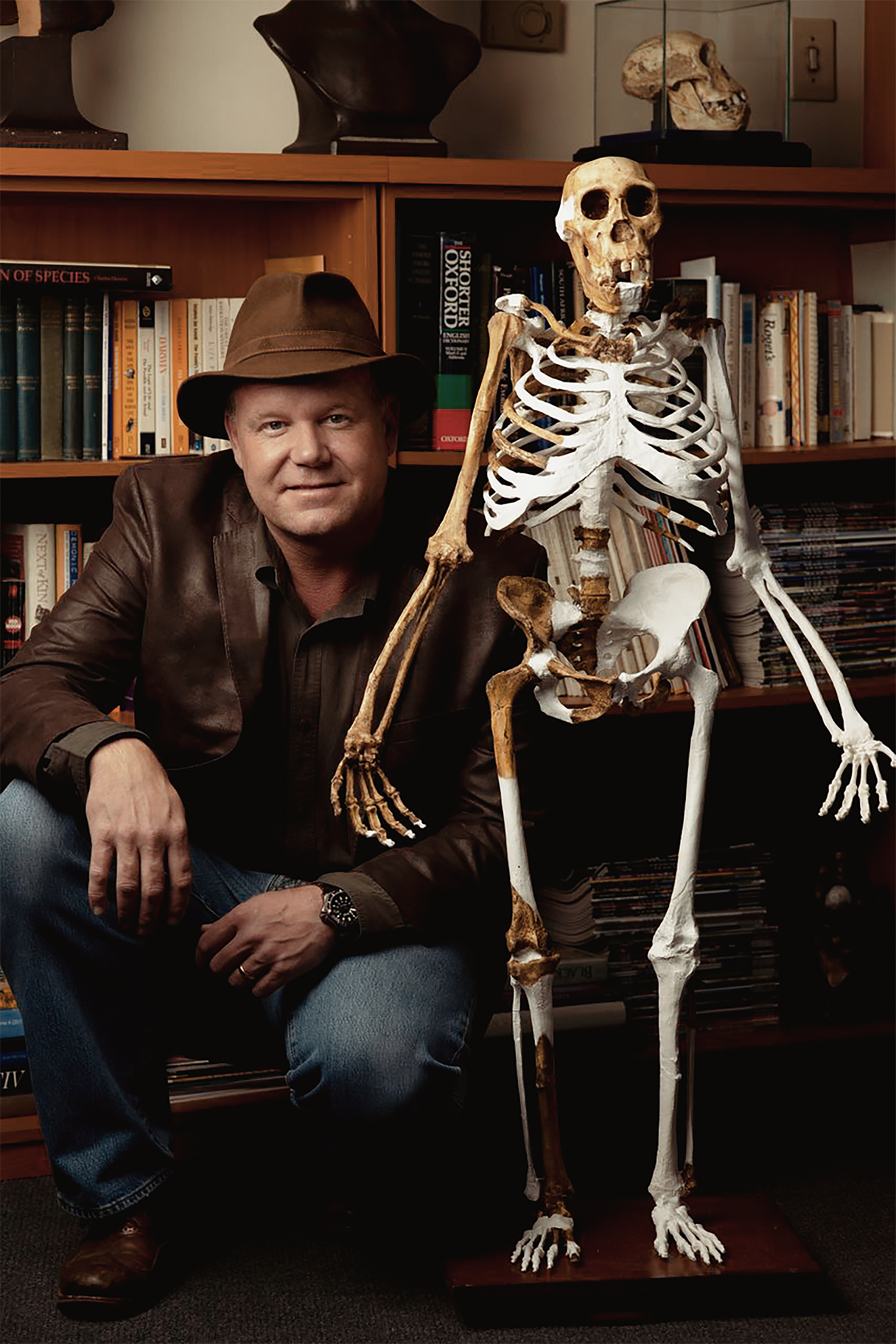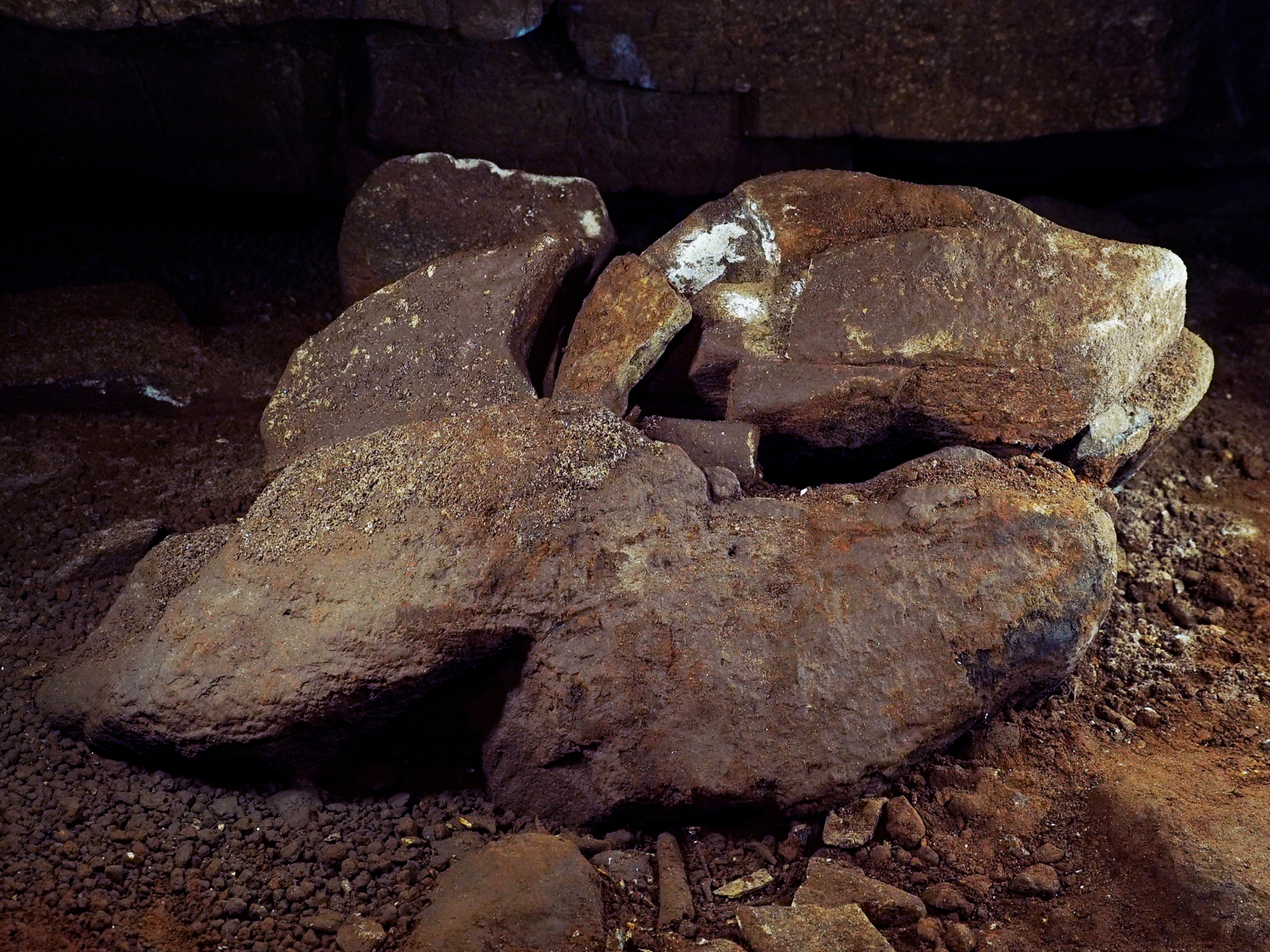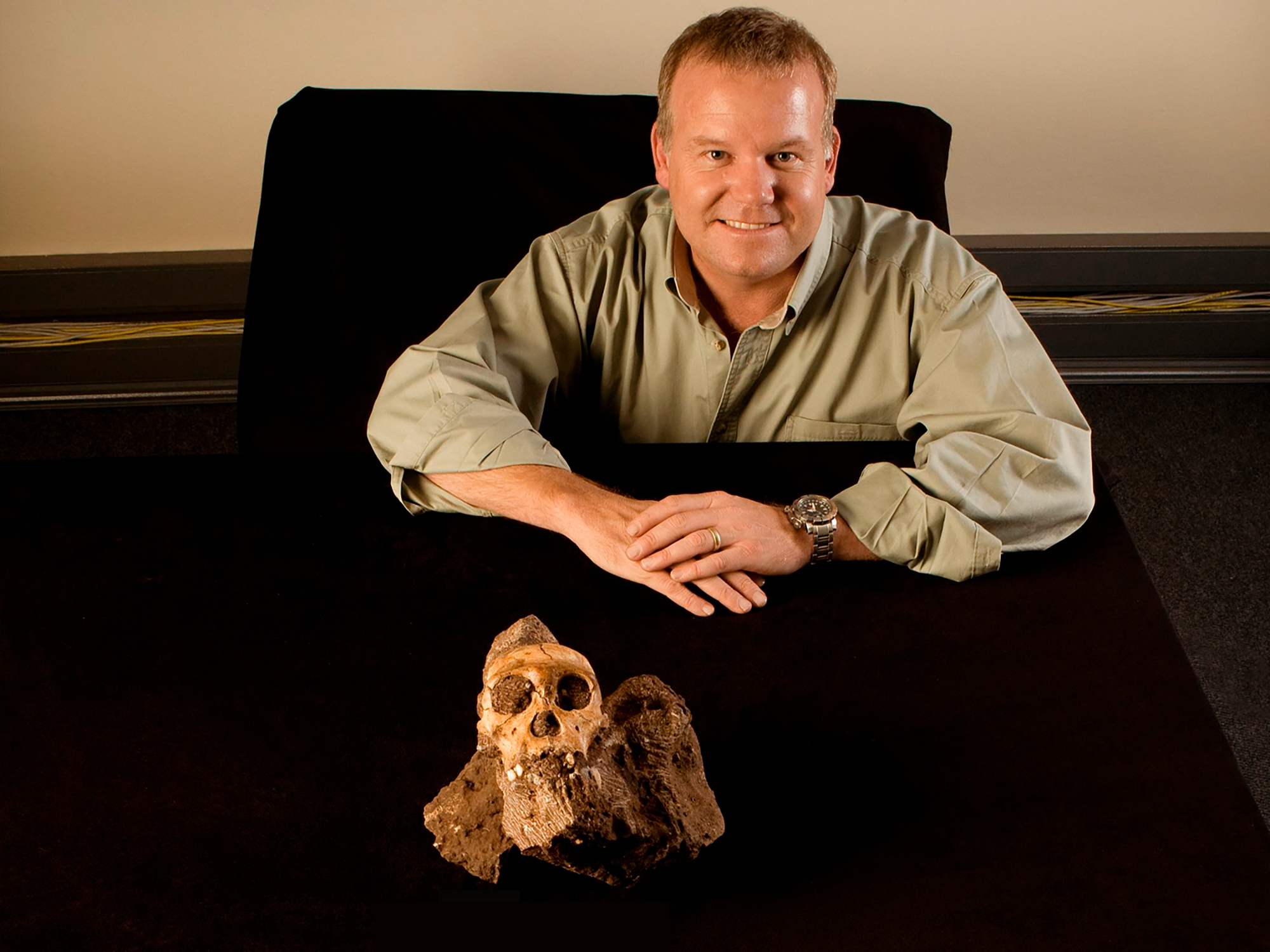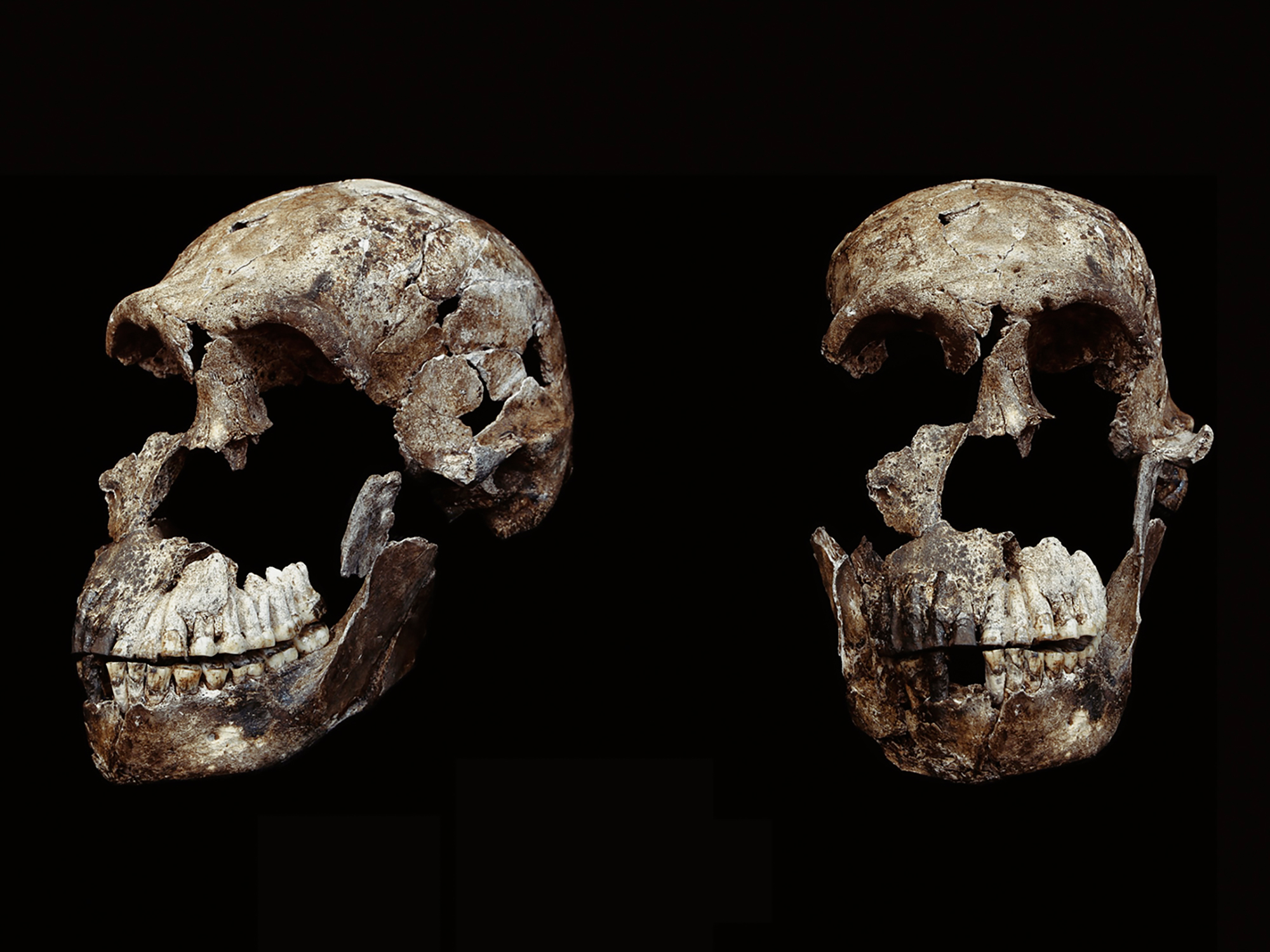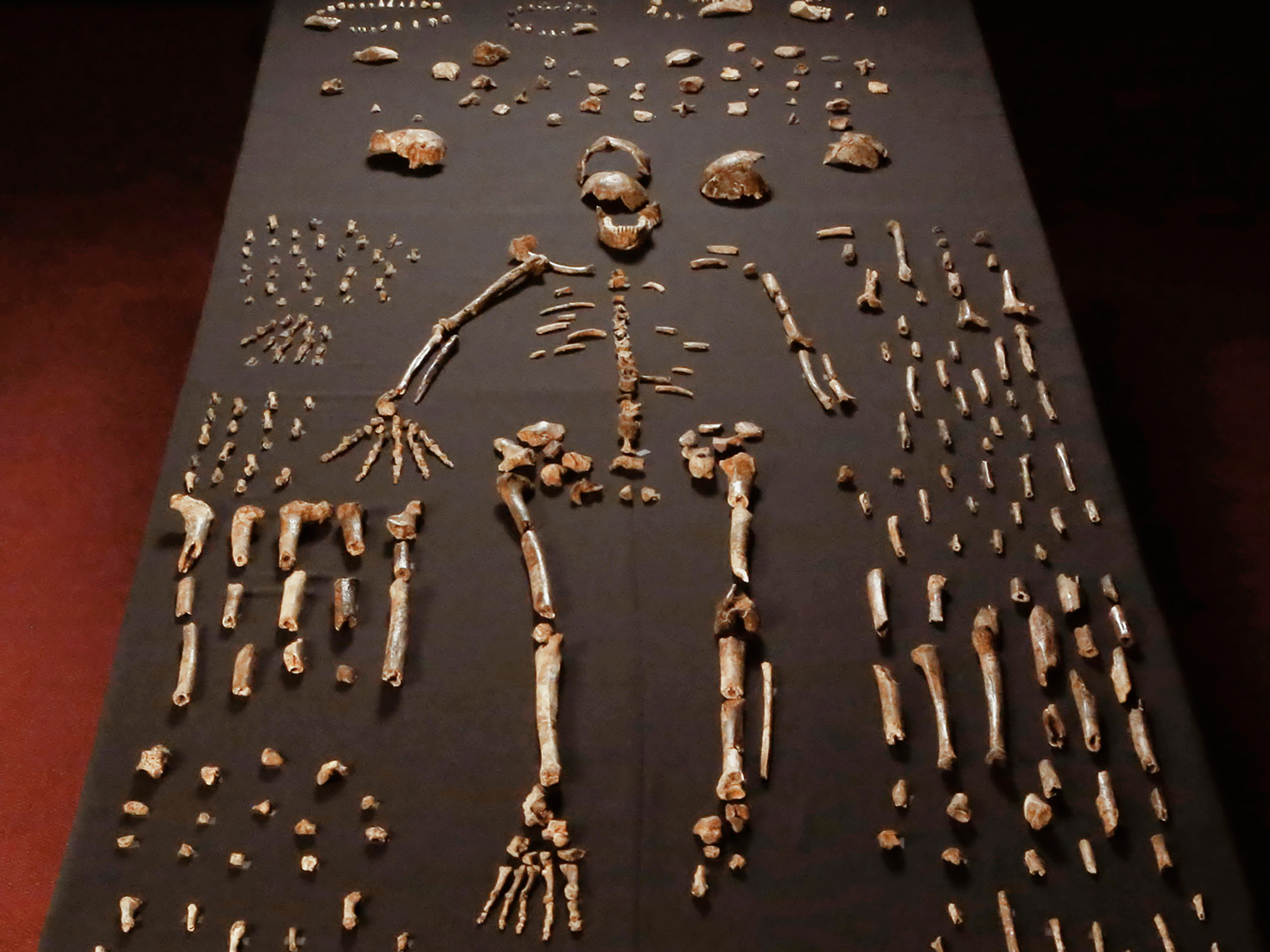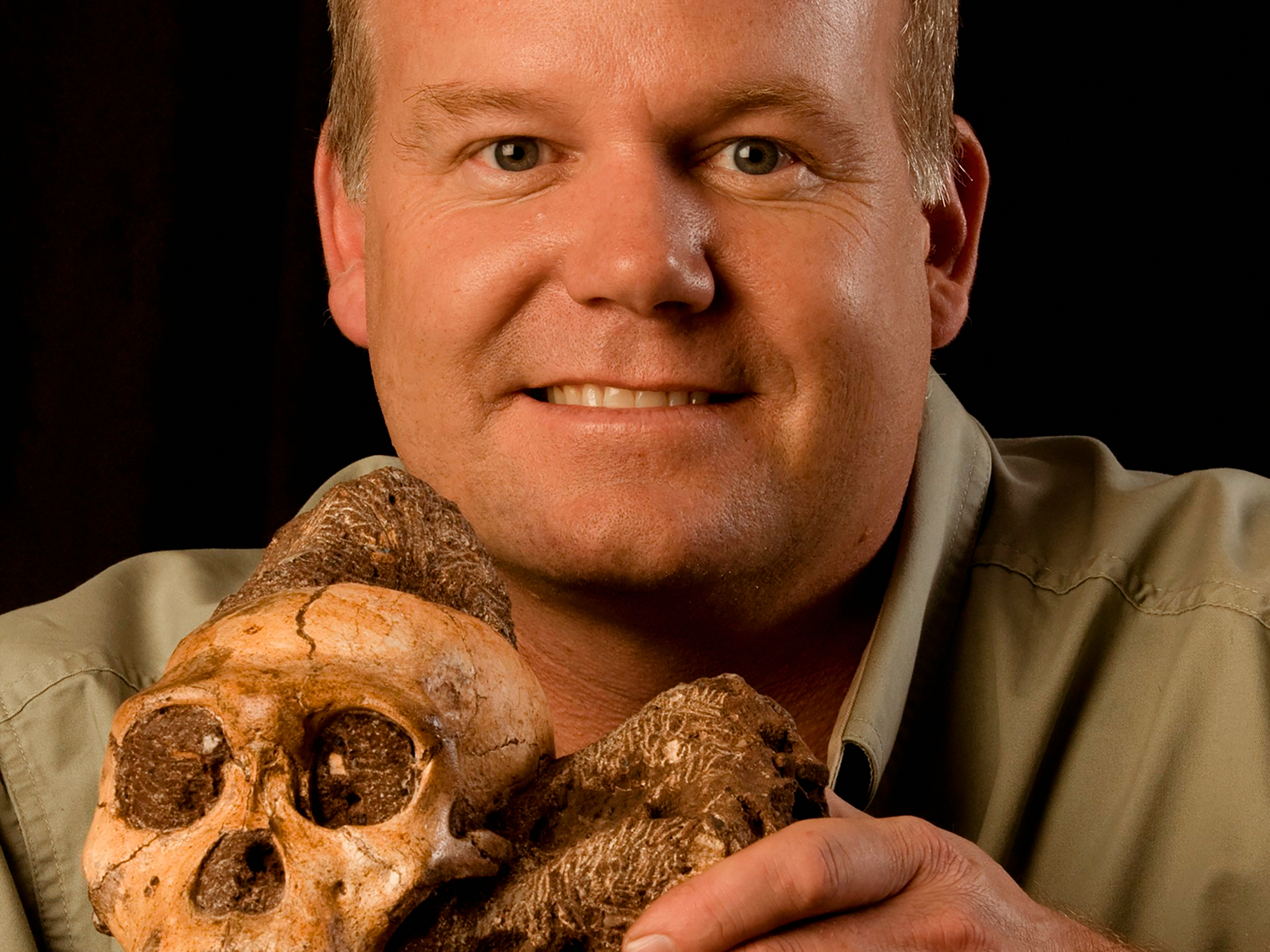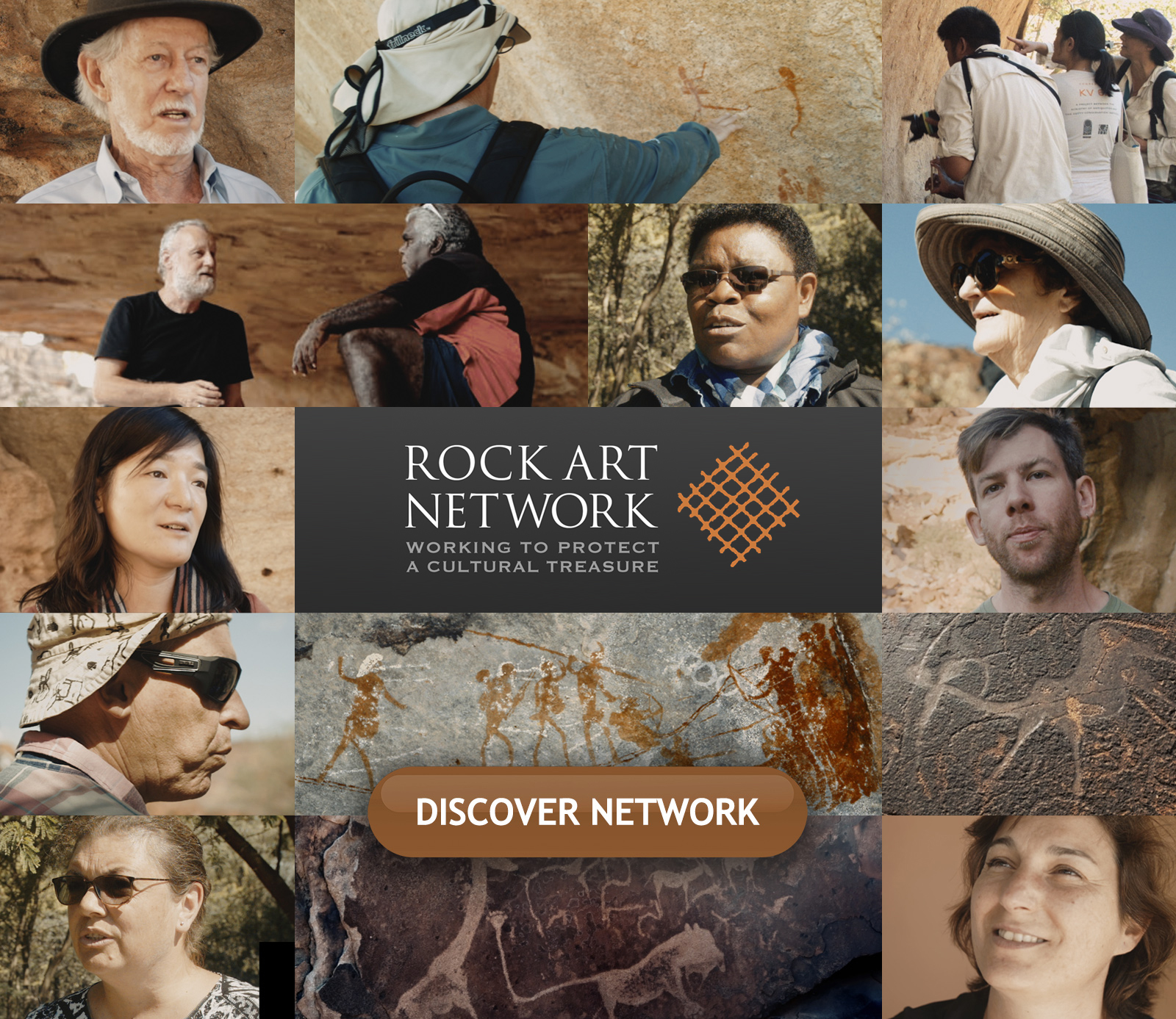
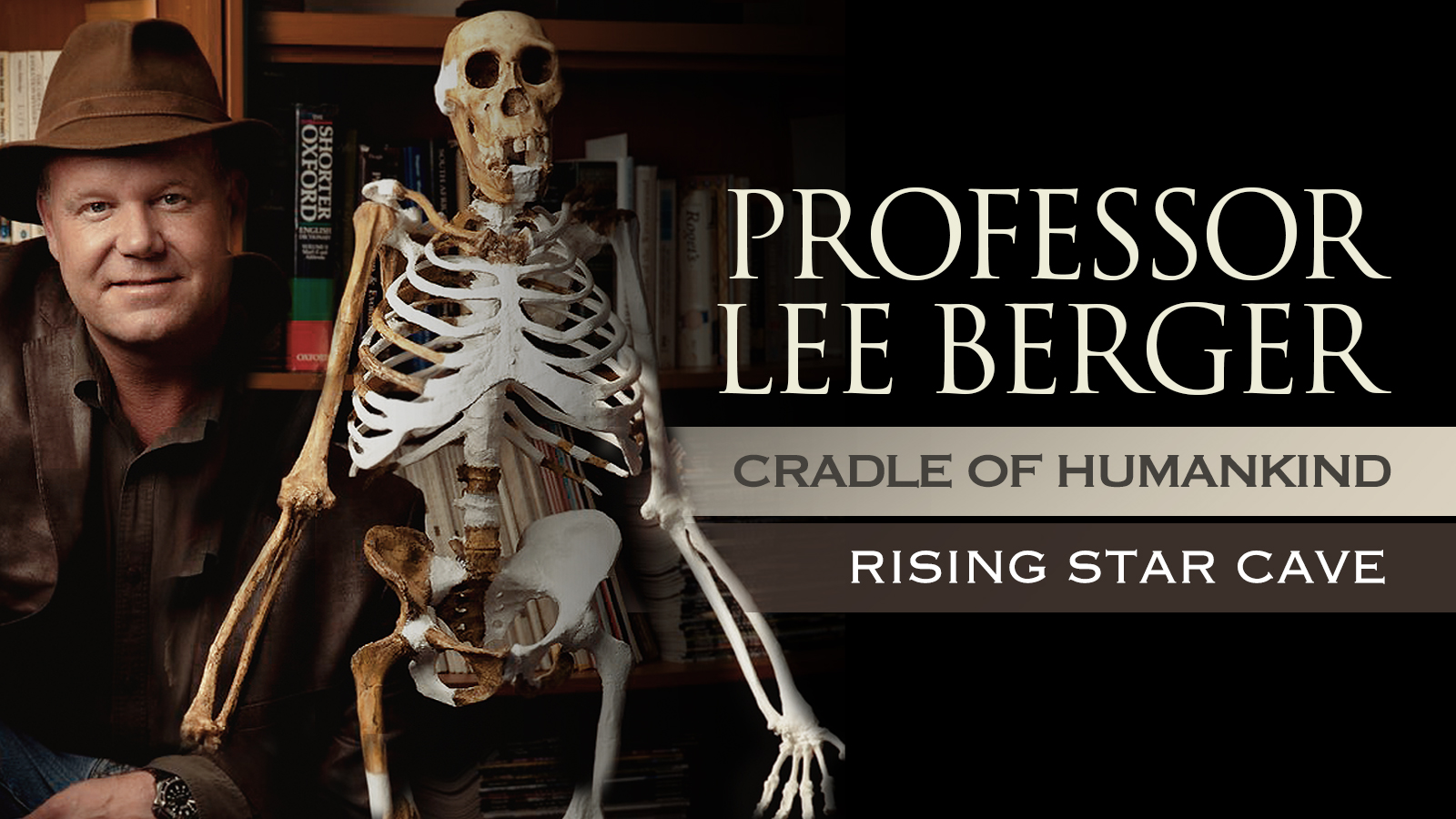
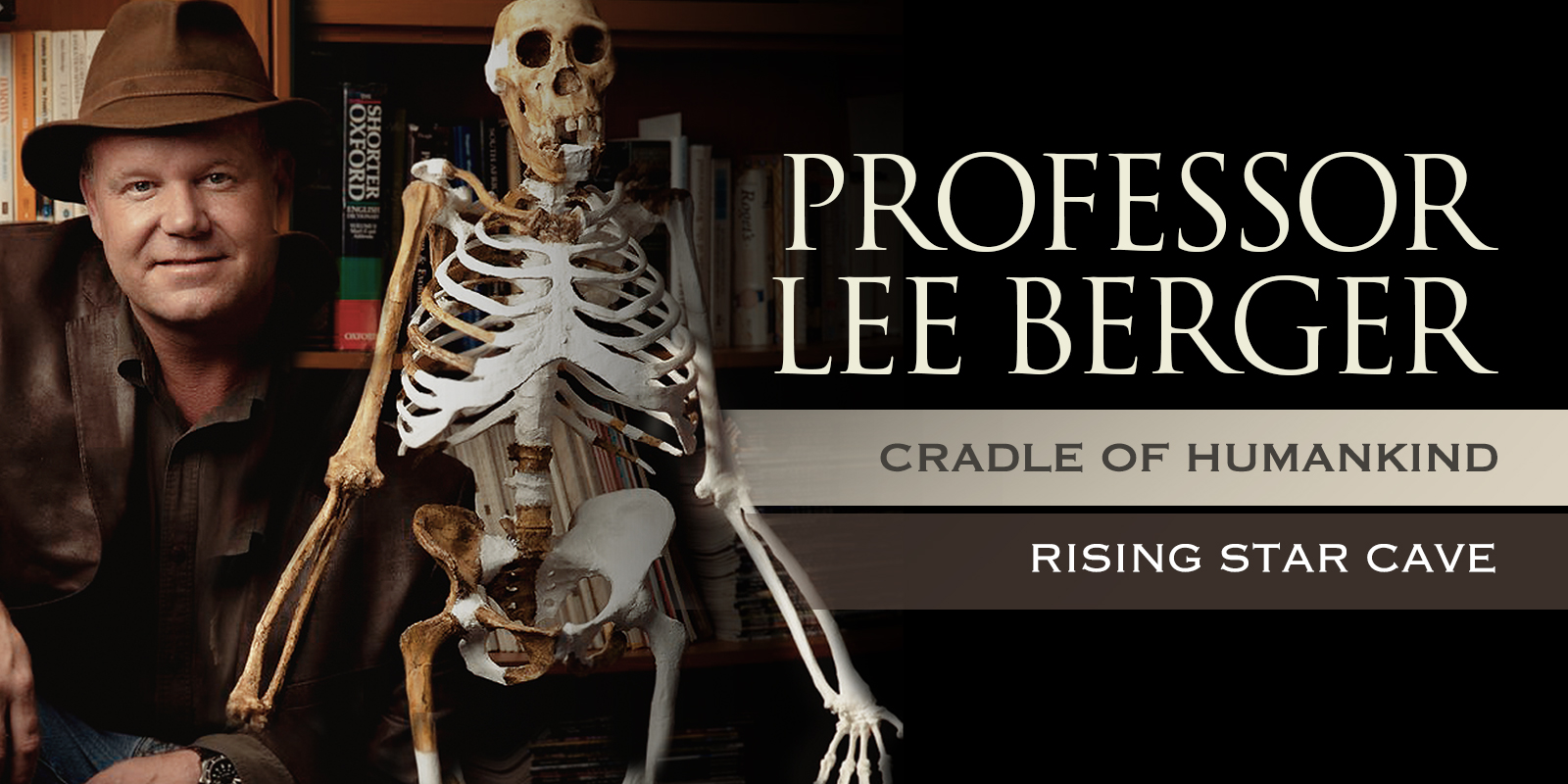
Prof. Lee R. Berger Ph.D. D.Sc. is an award-winning researcher, explorer, author and speaker. He is the recipient of the National Geographic Society’s first Prize for Research and Exploration and the Academy of Achievement’s Golden Plate Award, the SA Academy of Sciences Gold Medal and was the 2016 National Geographic Society’s Rolex Explorer of the Year. His work has brought him recognition as a Fellow of the Royal Society of South Africa, the Royal Geographical Society, the Explorers Club and the South African Academy of Sciences and prominent advisory positions including the Chairmanship of the Fulbright Commission of South Africa, the Senior Advisory Board of the Global Young Academy and the Centre of Excellence in PalaeoSciences of South Africa among many others. He is a South African Ambassador for Tourism, Conventions and Business Events. He has been awarded several humanitarian awards including the Boy Scout Medal of Honor for saving a life and the Red Cross Certificate of Merit. He is the Honorary National President of the South African Spelaeological Association.
His efforts in conservation have been recognized by the William T. Hornaday Award and Georgia’s Youth Conservationist of the Year. His explorations into human origins on the African continent, Asia and Micronesia for the past two and a half decades have resulted in many new discoveries, including the discovery of two new species of early human relatives – Australopithecus sediba and Homo naledi.
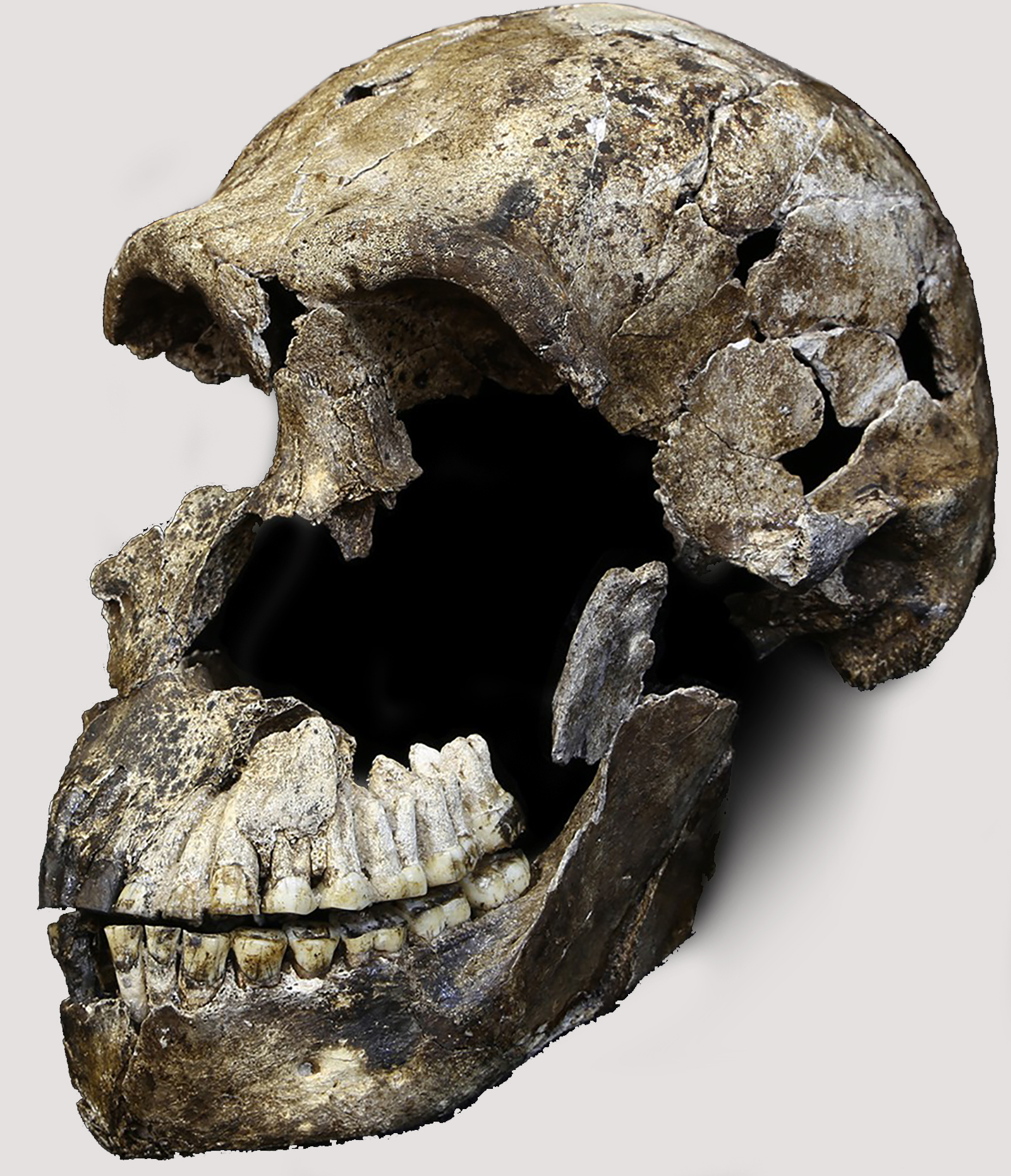
He is the author of more than two hundred scholarly and popular works including more than 170 refereed publications and a number of academic and popular books on palaeontology, natural history, and exploration. His work has been recognised by Web of Science as among the top 1% of all citations. His discoveries have been featured three times on the cover of Science and has been named the top 100 science stories of the year by Time, Scientific American and Discover Magazine on numerous occasions. He has appeared in many television documentaries on subjects related to archaeology, palaeoanthropology and natural history. The 2015 PBS Nova National Geographic documentary Dawn of Humanity about Berger’s discovery of Homo naledi and the Rising Star expedition was nominated for an Emmy. Berger is an international recognized proponent of open access science and open sourcing. His novel approach to inclusive science and open collaboration has given him recognition as a Pioneer in Science by the World Science Festival and in 2016 Time recognised him as one of the 100 Most Influential People in the World. He is a Founding Trustee of the not-for-profit Lee R. Berger Foundation for Exploration and was a founder of the Palaeoanthropological Scientific Trust as well a founding Trustee of the Jane Goodall Society of South Africa. He is Director of both the Malapa site and Rising Star excavations, the latter resulting in the discovery of the largest primitive hominin assemblage in history.
He is an avid diver and adventurer and holds a PADI Divemaster certificate among many other specialties. Berger was born in Shawnee Mission Kansas and grew up in rural Georgia. He was awarded his Eagle Scout in 1983 achieving his silver and gold palms and has been recognized as a Distinguished Eagle Scout by the Eagle Scouts Association of America. Berger co-authored the Boy Scouts of America Exploration Merit badge launched in 2017. Berger is a Kappa Sigma Alumnus.
Berger is presently the Phillip Tobias Chair in Human Evolution at the University of the Witwatersrand, Johannesburg, South Africa and an Explorer at Large for the National Geographic Society. His collaborative team of scientists’ numbers over 140 individuals. He holds a Ph.D. in palaeoanthropology and a Doctor of Science in the same field.
